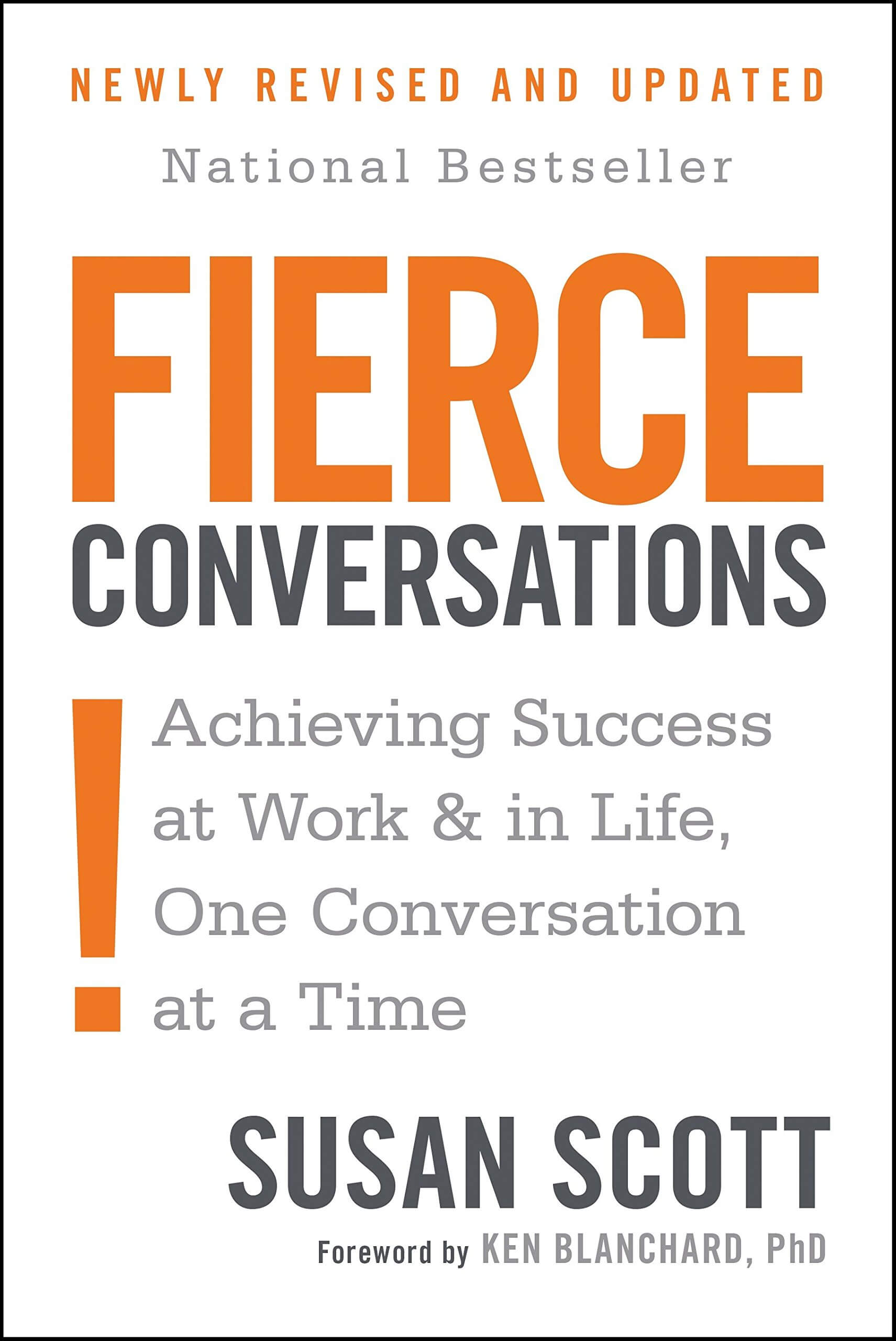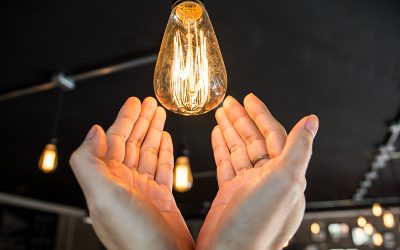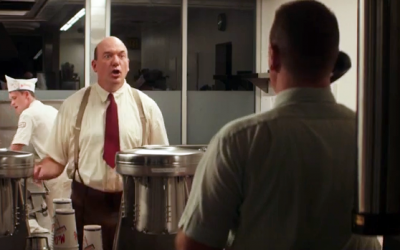I’ve been thinking about the emotional energy we exchange in our conversations and how this energy affects our relationships. That cause and effect reminded me of something I read in a book by Susan Scott called Fierce Conversations: “The conversation is not ABOUT the relationship. The conversation IS the relationship.”
That was such an ‘aha!’ moment for me. When we get hung up on what we’re talking about, we miss that the engagement itself is the relationship, and that these conversations affect the flow of how we relate, how we understand, and how we connect with each other.
Scott describes how our conversations transfer positive or negative emotional energy using the illustration of a speedboat creating a wake. Every conversation creates an emotional wake, a flow of positive or negative emotional energy. Afterward, we feel something, which Scott calls “afterglow, aftermath, or aftertaste.” While we may not always connect those feelings with that conversation, we carry these feelings into other interactions.
So, how do we enrich our relationships through our conversations, sharing positive energy, even when the conversation is about a difficult or touchy subject? This begins with reminding ourselves, regularly, that the conversation is the relationship. As we apply that idea, it naturally causes us to take responsibility for the emotional energy we’re transferring. Here are three tools that have helped me with that habit, and I know they will help you too.
The first tool is to practice the conversation before the conversation. Because it’s so easy to be misunderstood and unintentionally hurtful, especially when there’s upset or confusion, it helps to have a conversation with ourselves before we have a conversation with someone else. For me, that begins with asking, “How am I enriching this relationship?” and following that up with “How can I do so with this conversation?” Every conversation will have a crossroads, a point at which everyone is better, someone is better, or no one is better, because of that conversation. When I take responsibility for helping everyone in the conversation be better, I am more aware how that conversation is helping or hurting the relationship.
That awareness is the next tool to create that positive wake. It asks the questions, “What am I really saying to the other person?” and “What are they really wanting to say to me?” These questions cause us to listen with more intention, shifting our focus to include both what we’re wanting in the conversation and what the other person wants or needs. In unpacking this idea, Scott refers back to the speedboat. The pilot should mind their speed, not because they don’t have the right to pilot the boat where they please, but because their speed will affect other boats. If we speed through a No Wake Zone, we may cause damage, and when we speed through a conversation without intentional awareness, we may transfer negative emotional energy.
Third, when we take responsibility for the emotional wake in our conversations, we learn to stop making loaded statements. These include blaming, name calling, assigning labels, sarcasm, exaggerations like “this ruins everything,” or accusations such as “you always do that” or “you’re saying this, but what you really mean is…”
When we avoid these loaded statements and, instead, use connective, inviting language that shows a desire to understand and appreciate the other person, we create a positive flow of energy, even in the midst of a difficult conversation. This positive wake will continue to ripple out, flowing between that conversation and the next, building the foundation for better, healthier relationships.
A version of this article was originally published in the April 2021 issue of Sandpoint Living Local / Coeur d’Alene Living Local.
Trapped by negativity? Here’s a way out.
There’s a lot of negativity in the world today, and, sometimes, it feels like there’s no escape from the constant stream of criticism, cynicism and complaining. We see it on TV, in the news, hear it on the radio, read it online and on social media … and, often, hear...
How “why” creates greater opportunities for success
Someone said, the first thing you need to do, if you want to succeed … is fail. While it doesn’t make us feel much better when we’re struggling, there’s certainly some truth to that. Most people who achieve any level of success have pushed through failures. They’ve...
Answer this question to transform the way you lead
When you are considering a project or setting a goal, doesn’t matter what it is, which question is more important: how or why? You may be thinking, come on, Trish, that’s a trick question. They’re both important. You don’t get one without the other. Yes, that’s...
The best way to be right
You’re right, you know you are. The facts as you understand them fully support your position. Your perspective makes so much more sense. How do they not see that? What is so wrong with their thinking that they don’t seem able to connect the dots you see so clearly?If...
How well do you listen? Rate yourself!
Ever run up against someone who seems to think they have it all figured out? No matter what you ask, they have an answer. No matter what you believe, they have a better explanation. Frustrating, right? Well, sooner or later, most of us realize, on some given issue or...
How our truth limits our value
Have you ever wondered why some folks just don’t seem to understand something that’s “so obvious” to you? No matter how hard you try, no matter how much logic you employ or how articulate your argument is, they just don’t seem to “get it.” Your heart is in the right...









0 Comments